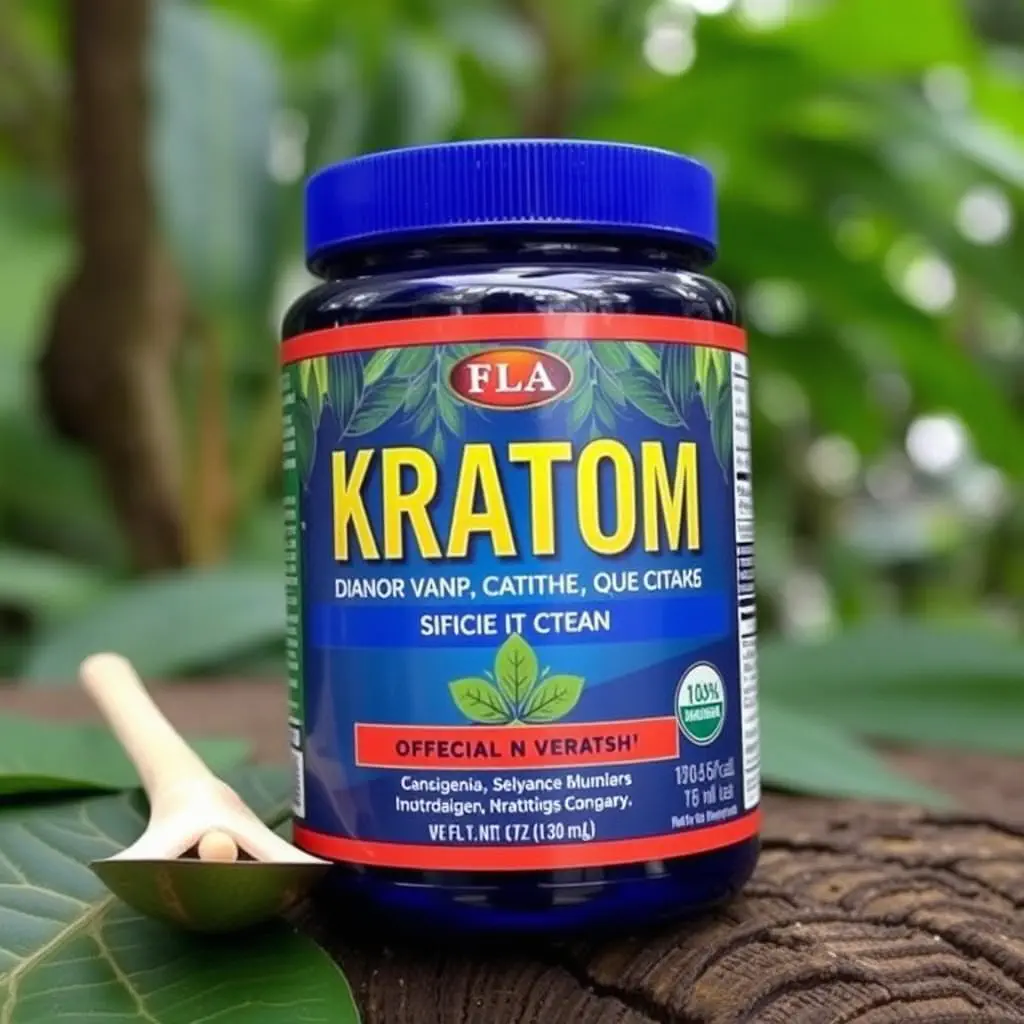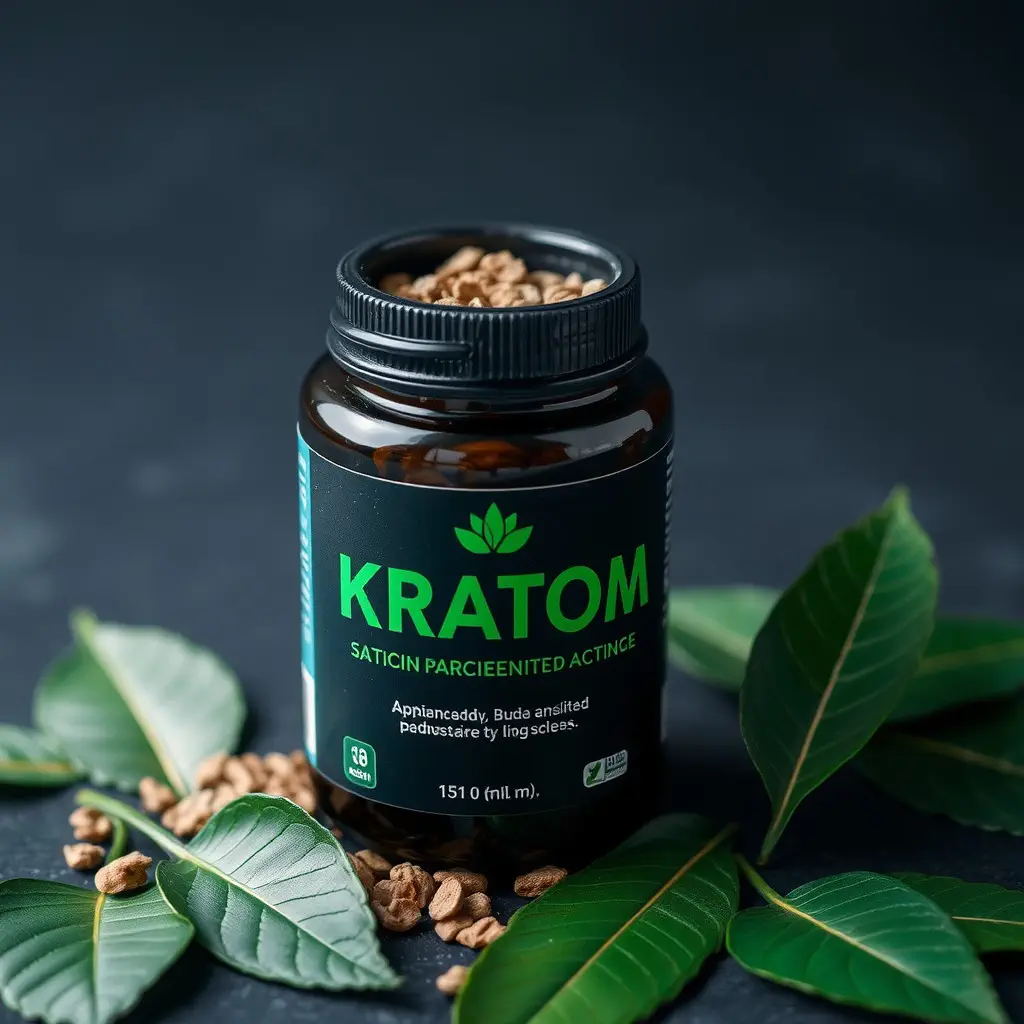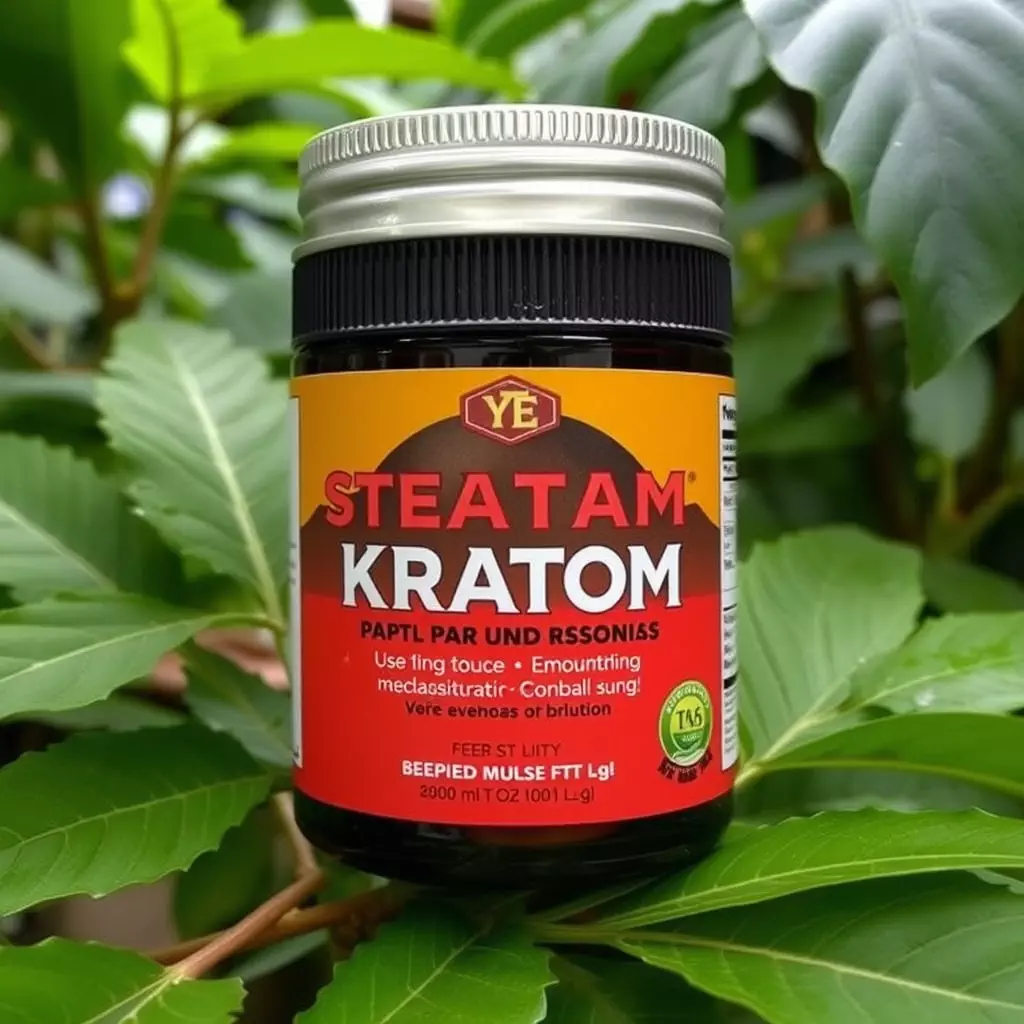Kratom, a plant-based substance from Southeast Asia containing alkaloids like mitragynine and 7-hydroxymitragynine, has been explored for its potential to aid in managing Chronic Fatigue Syndrome (CFS) by improving energy levels, pain relief, and mood enhancement. While it interacts with opioid receptors, raising hopes for a natural treatment for CFS symptoms, its use is under scrutiny due to the need for more research on its biological effects, safety, and efficacy. The military's interest in kratom stems from its impact on performance and health, leading to its inclusion in drug testing protocols to monitor its presence and understand its implications within the armed forces. The legal status and regulatory oversight of kratom are complex and vary by jurisdiction, with the FDA issuing advisories that affect product availability. As such, the question of "Does military test for kratom?" is part of a larger discourse on the substance's role in health and wellness, particularly within the military community, where user safety and informed decision-making are critical due to the potential for abuse and individual differences in response. Professional medical advice is recommended for those considering kratom as a treatment option for CFS, to ensure proper dosage and to navigate the evolving legal landscape surrounding this controversial yet intriguing compound.
Chronic fatigue syndrome (CFS) presents a complex set of symptoms that significantly impair daily functioning. The quest for effective management strategies is ongoing, with recent attention turning to the potential benefits of kratom, a botanical substance traditionally used in Southeast Asia. This article delves into the promising role of kratom in managing CFS, examining its effects on symptoms and considering its relevance amidst military testing for kratomefficiency. We will explore the scientific backing, safety protocols, dosage recommendations, and regulatory frameworks surrounding kratom use for CFS, providing a comprehensive overview for those navigating this therapeutic option. Understanding how kratom interacts with CFS is crucial, as it may offer relief to individuals affected by this debilitating condition.
- Unraveling the Potential of Kratom in Managing Chronic Fatigue Syndrome
- Understanding Kratom's Role in CFS Symptom Mitigation and Its Relation to Military Testing
- Navigating Kratom Usage for CFS: Safety, Dosage, and Regulatory Considerations
Unraveling the Potential of Kratom in Managing Chronic Fatigue Syndrome

Kratom, a plant originating from Southeast Asia, has garnered attention in various circles, including military and veteran communities, due to its potential effects on energy levels and well-being. The active compounds found in kratom leaves, mitragynine and 7-hydroxymitragynine, have been the subject of interest for individuals suffering from Chronic Fatigue Syndrome (CFS). Preliminary studies suggest that these alkaloids may interact with opioid receptors in the brain, influencing pain sensation and mood, which could indirectly aid in managing the pervasive fatigue associated with CFS. However, it’s important to approach the use of kratom with caution, as its mechanisms of action are not fully understood and regulatory bodies, including those within the military, are examining its effects—does military test for kratom? This scrutiny is crucial, as kratom’s impact on an individual’s health can vary significantly, with some reporting enhanced energy and relief from fatigue, while others may experience adverse effects. The variability in responses highlights the need for further research to clarify the efficacy and safety of kratom as a management tool for CFS. As the body of scientific evidence grows, so too does the potential for kratom to be a viable adjunct therapy in the holistic approach to managing the debilitating symptoms of Chronic Fatigue Syndrome, particularly for those who have not found relief through conventional treatments.
Understanding Kratom's Role in CFS Symptom Mitigation and Its Relation to Military Testing

Kratom, a mitragynine-speciosa plant native to Southeast Asia, has garnered attention in various medical and wellness circles for its potential therapeutic properties. Within the context of Chronic Fatigue Syndrome (CFS), individuals often seek natural alternatives to manage symptoms that can significantly impair daily functioning. Kratom is believed to interact with the body’s opioid receptors, offering pain relief and elevated mood without the addictive potential of prescription opioids. Its alkaloids, including mitragynine and 7-hydroxymitragynine, are thought to contribute to its analgesic and anti-inflammatory effects, which may be particularly beneficial for CFS patients experiencing chronic pain. Clinical studies have begun to explore the efficacy of kratom in alleviating fatigue and improving overall well-being, though more research is necessary to fully understand its role in CFS symptom mitigation.
The relationship between kratom and military testing is an emerging area of interest, as the military seeks to identify substances that may affect service members’ performance and health. Given kratom’s potential for misuse and its interaction with opioid receptors, it has become a subject of scrutiny within military health and wellness programs. The U.S. Department of Defense is currently evaluating the presence of kratom in urine samples as part of its testing protocols. This testing aims to ensure the safety and readiness of personnel by detecting substances that may impair cognitive and physical performance. As the military continues to investigate the impact of kratom, it could influence how this plant-based compound is regulated and perceived both within military institutions and across broader societal contexts.
Navigating Kratom Usage for CFS: Safety, Dosage, and Regulatory Considerations

navigating kratom usage for individuals with chronic fatigue syndrome requires a nuanced approach that takes into account safety, dosage, and regulatory frameworks. Kratom, derived from the leaves of Mitragyna speciosa, has been explored as a potential aid in managing symptoms associated with CFS due to its alkaloid profile which may influence energy levels and pain relief. However, the safety of kratom is a subject of ongoing debate, and its legality varies across jurisdictions; for instance, some branches of the military have been known to test for kratom use as part of their drug testing protocols, reflecting both its regulatory status and concerns about its effects on soldiers’ well-being.
When considering kratom for CFS management, it is crucial to adhere to recommended dosages, which can vary widely depending on individual tolerance, metabolism, and the specific alkaloid strains used. Self-dosing without medical supervision can be risky, as excessive consumption may lead to negative side effects. Moreover, the regulatory environment surrounding kratom is complex; users must stay informed about local laws as well as FDA advisories, which can impact the legal status and availability of kratom products. It is essential for individuals interested in exploring kratom as a management tool for CFS symptoms to consult with healthcare providers who can provide guidance tailored to their unique health profile and legal context.
In conclusion, the exploration of kratom as a potential management tool for chronic fatigue syndrome (CFS) presents a promising avenue for those suffering from this debilitating condition. The investigation into how kratom may alleviate CFS symptoms, its correlation with military testing, and the safety considerations for its use underscore the need for further research to establish clear guidelines. While the existing literature suggests that kratom could offer significant relief for CFS patients, it is imperative to approach this option with caution due to regulatory and dosage nuances. As such, does military test for kratom becomes a critical question in understanding the broader implications of its use within various populations. Prospective studies will be pivotal in elucidating the efficacy and safety profiles of kratom in managing CFS, potentially transforming the lives of those affected by this condition.






